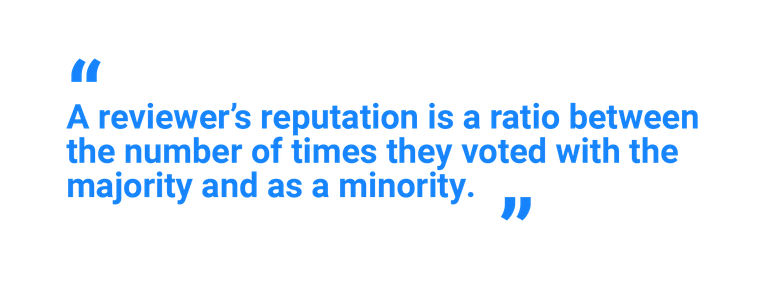![]()
Understanding Tokens
To better conceptualize tokens, think of them as you would seat tickets at a sports game. Tickets enable you to reserve access to an available seat. For every available seat in the arena, there will be one ticket accompanying it. A person who has a ticket is free to sell their ticket for a price that is greater than or less than the going rate. Since tickets are limited, the cost of the ticket will increase as less tickets become available.
Broadly speaking, tokens are digital tickets. Alternatively, these are keys that grant access to a particular service over the blockchain. Depending on the platform, the number of tokens available may be fixed or infinite, each of which affects the value of a token.
In DNN’s case, there will be a fixed supply of available DNN tokens, all of which give people the ability to interact with the DNN platform. You can think of this as fuel. Submitting, reviewing, and commenting on articles, or even tipping writers, are a few examples of actions that require fuel, or tokens. Each of these actions requires a different number of tokens in order to be carried out. How many tokens an action requires gets dictated by the DNN network.
The Reward Pool
The reward pool holds DNN tokens that have been used to carry out actions on the platform. Commenting, reading, and liking articles are some of the actions which fund the reward pool with DNN tokens.
Readers can earn DNN tokens by suggesting topics to writers. If an article is accepted, a portion of DNN tokens generated from the review process will be given to reader who suggested that topic.
Publishers can earn DNN tokens for hosting nodes. Nodes help ensure that the DNN software is readily available to all participants on the network.
Writers have the ability to earn DNN tokens directly in the form of tips, as well as DNN tokens either through reader suggestions or by submitting articles that end up getting approved by reviewers.
Upon acceptance of an article for publication, the writer of the piece will earn DNN tokens proportional to the quality of work they provide. Work in the context of the DNN platform is defined as the ratio between accepted and rejected articles from the writer to-date and adherence to the DNN content guidelines.
Each writer earns a different number of DNN tokens depending on their reputation. The writer’s reputation is based on the ratio between the writer’s total number of articles accepted and articles rejected. The higher the ratio is (more articles are accepted than rejected), the more DNN tokens the writer will earn. The more articles a writer submits that are deemed worthy of being published by reviewers, the more DNN tokens that writer can earn. The possibility of earning a considerable amount of DNN tokens for writing for the DNN platform is therefore limitless.
When a group of assigned reviewers reaches a consensus for a particular article, each reviewer within the group earns DNN tokens proportional to his or her bid. DNN token rewards come from the Writer Fee and newly minted DNN tokens. Each reviewer can earn a potential payout proportional to the amount of DNN tokens that he or she bids to review the article, and their personal reputation. We use the word “potential,” because no reward is issued to a reviewer should they vote incorrectly. Furthermore, the more DNN tokens a reviewer is willing to forfeit for an incorrect vote, the higher the potential payout he or she can earn.

For DNN, reader suggestions solve this issue by incentivizing writers to write articles about things that readers want. The power to suggest meaningful subjects directly to writers gives readers a voice by allowing them to participate in the creation of news that interests them.
At the beginning of each suggestion cycle, readers will propose topics that they would like writers to potentially cover. These topics will be ranked by popularity, before being presented to writers for bidding. To entice writers into writing articles about the suggested topics, additional tokens are awarded for each topic suggestion that gets approved and deals with that particular subject. Each reader is limited to no more than a single suggestion per cycle, which is a period of one week.
Should a reviewer fail to cast a vote, the number of DNN tokens used to bid for the article will be forfeited and redistributed to other reviewers and the writer (dependent on acceptance into the network). In this regard, a reviewer’s bid also serves as collateral.
.png)
Hi! I am a robot. I just upvoted you! I found similar content that readers might be interested in:
https://medium.com/dnnmedia/how-dnn-payouts-work-45c6c7c05734
Your page was interesting and this post is amazing
I follow you
the implications for using crypto with DNN are staggering!
nice platform yg sangat mudah untuk di operasikan
Thanks for your information. I learned about DNN and joined the project